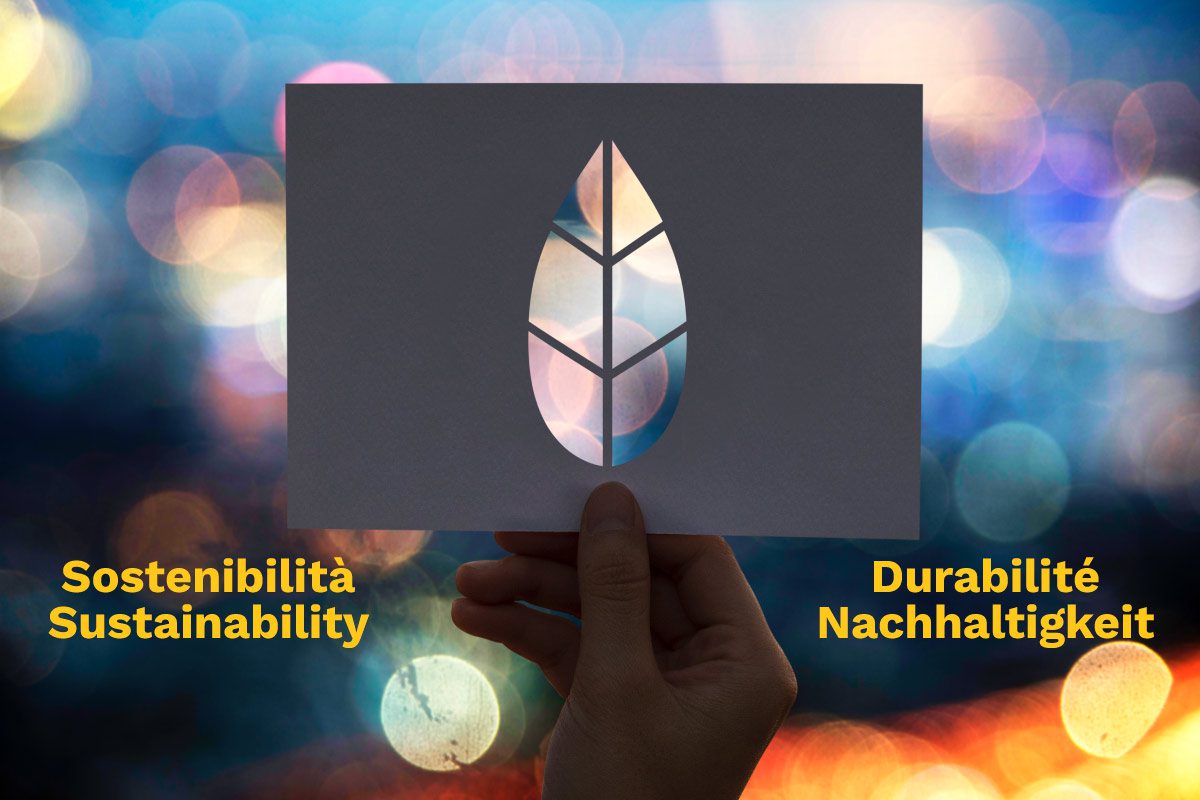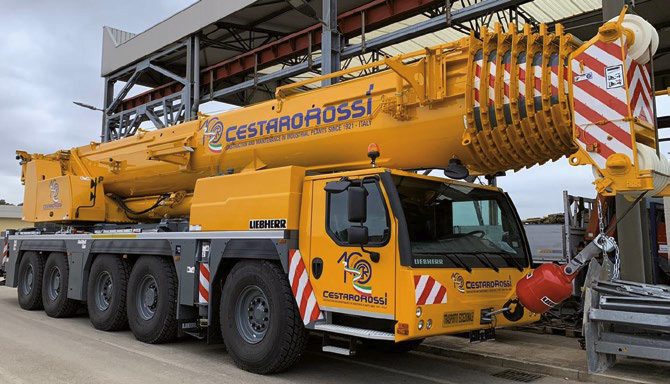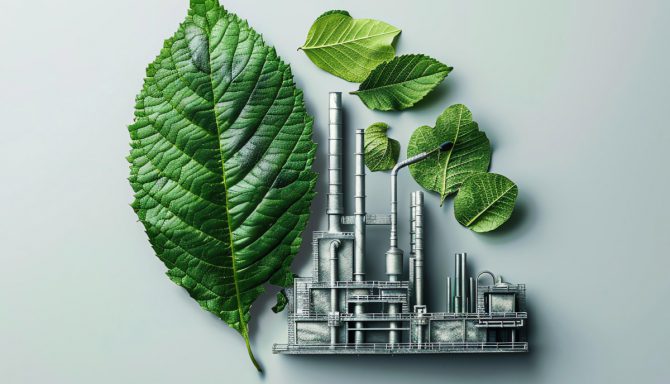
In the last decade, the concept of sustainability has undergone a profound evolution that, starting from a vision centered predominantly on ecological aspects, has arrived at a more global meaning, which takes into account, in addition to the environmental dimension, the economic and social ones. Within this new global vision, the founding message that sees sustainability as the condition of a development capable of "ensuring the satisfaction of the needs of the present generation without compromising the possibility of future generations to realize their own needs" is still implicit.
In light of these prospects, for a company in full development like Cestaro Rossi it has become essential to ensure the satisfaction of present and future needs, within all its processes. In this scenario, the plan Cestaro Rossi's sustainability strategy has aligned with the UN Agenda 2030, embracing all ESG areas - Environmental, Social and Governance - and taking into account their impacts on the company and those of the company itself on people, communities and the environment.
A fundamental contribution to ESG projects was obtained through initiatives in the Supply Chain area related to:
• purchase since 2019 of JMG electric cranes, completely remotely controllable, with zero environmental impact and extremely small dimensions to make them suitable for working in narrow spaces and indoor environments, thus allowing operations free of harmful emissions for workers, a winning feature in the field of worker health and safety;
• purchase since 2020 of new-generation LIEBHERR mobile cranes equipped with sensors and innovative electronic and IT solutions that also fit them perfectly into the sphere of Industry 4.0, a paradigm on which the company is actively moving.

These cranes are also equipped with:
- of a single engine capable of moving both the carriage and the tower, with consequent reduction in terms of fuel consumption (due to the lower weight) and maintenance interventions
- cardan shaft connection which guarantees high efficiency and further optimization of fuel consumption.
- ECOmode program, which further reduces consumption (the pump drive can be automatically switched off and restarted when the engine is idling)
- use, where possible, of electric welders and air compressors rather than engine-driven ones
- use, where possible, of HVO/XTL fuel or synthetic diesel fuel produced from sustainable raw materials
- use of sustainable products and materials such as steel produced with sustainable energy sources, use of EPD (Environmental Product Declaration) certified modular supports with low environmental impact, cement mixes with recycled aggregates, ecological paints, recyclable packaging
- use of sustainable and recycled products and materials
- use of local materials, where applicable, to reduce the impact of long transports and to support local economies.

Always with a view to contributing to the mitigation and adaptation of climate change, Cestaro Rossi has long been committed to supporting its customers and suppliers in the complexity of the energy transition and towards the decarbonisation of production activities, thus making a specific contribution to the reduction of greenhouse gas emissions and supporting adaptation to climate change.
In this context Cestaro Rossi:
• participates in projects to transform traditional refineries into biorefineries, which are mainly powered by waste raw materials resulting from used cooking oils, animal fats and other biomasses, allowing the production of Hydrotreated Vegetable Oil (HVO) biofuels capable of reducing a large percentage of CO2eq emissions compared to the reference fossil mix
• develops internal projects and installation of photovoltaic systems to contribute to the use of renewable energy sources, with a currently installed power of approximately 1000 KWp
• adheres to decarbonisation projects, purchasing energy certified by the GSE “Guarantee of Origin System” in accordance with EC Directive 2008/28, as coming 100% from renewable sources
In addition to environmental issues, Cestaro Rossi is fully aware that people, namely employees, workers, customers, suppliers, distributors, sellers, investors are, without a doubt, crucial to its organization and mutual growth in knowledge, prosperity and well-being.

Social issues also influence a company’s reputation and trust, and have a direct impact on its ability to attract and retain talent, foster a safe and inclusive work environment, and contribute positively to the communities in which the company operates.
Cestaro Rossi has therefore chosen to invest in the value of people, both in terms of human capital (for example, individual knowledge, skills, competences, ...) and social capital (for example, sharing norms, values, ...). By focusing on employees, the fundamental pillar on which Cestaro Rossi bases its activities, the company offers them a safe environment, with stimulating, meritocratic, rights-respecting and non-discriminatory working conditions. Furthermore, Cestaro Rossi encourages, stimulates and incentivizes the professional growth of its employees and promotes their well-being.
And it is precisely to give a concrete form to this commitment and its sensitivity that at the beginning of 2022 Cestaro Rossi decided to undertake the certification process for SA8000, which ended in May 2023 with the obtaining of the SA 8000:2014 Certificate. The cornerstone of this certification is the Social Responsibility Policy, which illustrates Cestaro Rossi's objectives in this area and which has been disseminated internally and externally via our website www.cestarorossi.it.
As a further step to demonstrate the desire to operate in an increasingly responsible manner and to fully integrate sustainability into its business, Cestaro Rossi has recently implemented a Governance system dedicated to the supervision and management of these issues at a global level. To this end, the Board of Directors of Cestaro Rossi resolved in June 2024 to create an internal structure for the management of ESG issues, led by the new figure of the Chief Sustainability Officer. This new structure is responsible for proposing, coordinating and launching projects and initiatives in the field of social responsibility, monitoring the action plans of the various organizational units, also in light of best practices detectable by the market, examining the information and requests of stakeholders on sustainability issues (e.g. the management of IT platforms on ESG issues such as Open es, Ecovadis, Synesgy etc.) and coordinating the drafting activities of the first draft of the Cestaro Rossi Sustainability Report.

